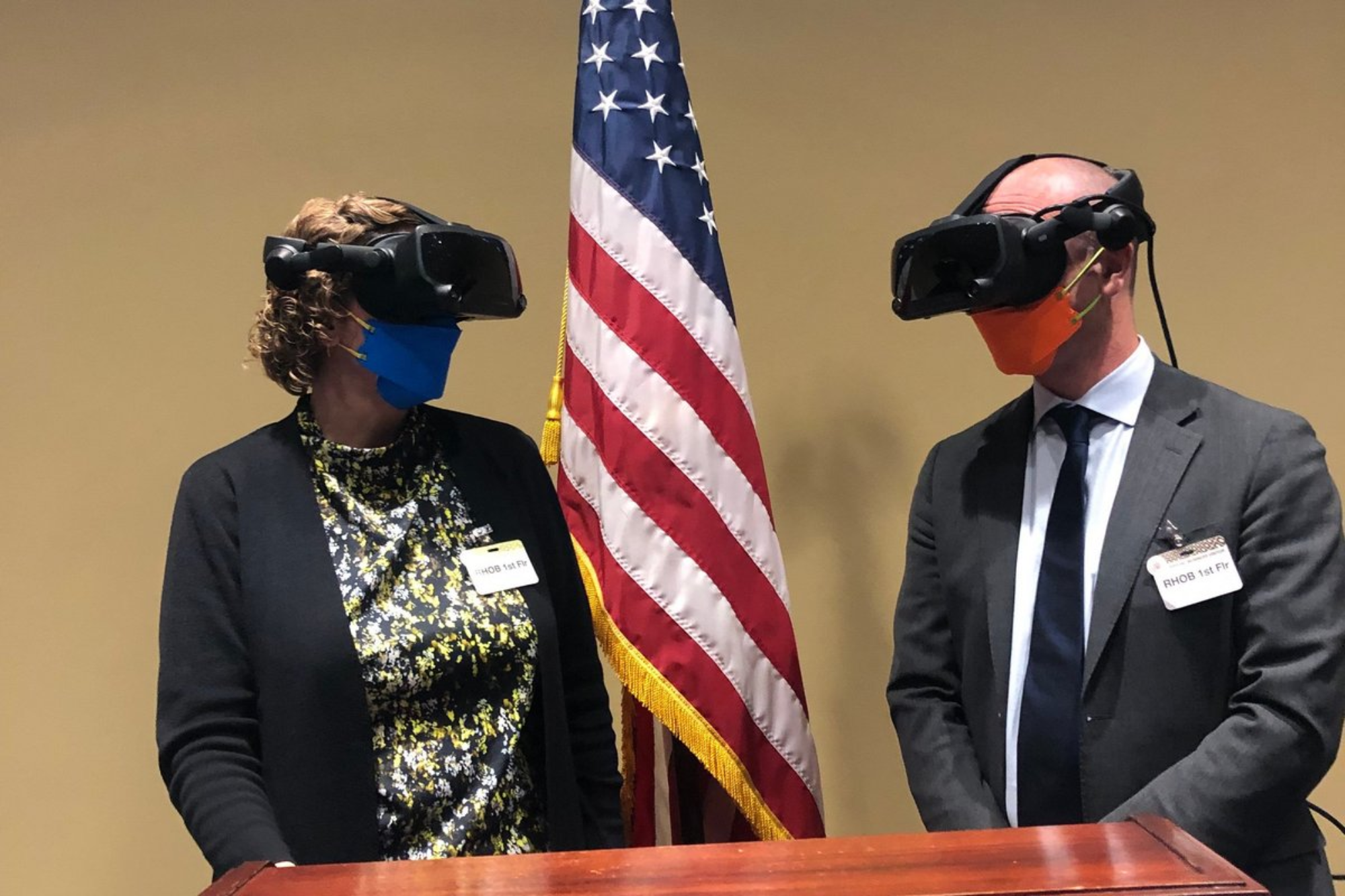The virtual seminar will be held from 12:30 to 2:00 p.m. (E.T.)
An often implicit assumption prevalent in political science, security studies, and nuclear strategy is that state leaders can assess the costs, benefits, and consequences of any decision to use nuclear weapons. U.S. nuclear policy and decision-making processes presuppose that in a crisis, when deterrence fails, the president will rationally assess how to respond and is faced with the threat of imminent nuclear attack. Using a virtual reality simulation, The Nuclear Biscuit, we conducted an experiment and two controlled observations of decision making in a nuclear crisis. The results call into question the degree to which any U.S. president is likely to conform to the basic expectations of rational decision making when confronted with an incoming nuclear strike.
About the speakers: Sharon Weiner is Associate Professor at the School of International Service at the American University in D.C., a visiting researcher at Princeton’s Program on Science and Global Security, and a Senior Resident Fellow at the Carnegie Corporation of New York. Her current work focuses on the theory, practice, and social construction of deterrence, the politics of U.S. nuclear weapon modernization programs, and larger issues of civil-military relations. Her most recent book is Managing the Military: The Joint Chiefs of Staff and Civil-Military Relations (2022).
Moritz Kütt leads the Science and Disarmament Working Group at the Institute for Peace Research and Security Policy at the University of Hamburg (IFSH) and is a visiting researcher with Princeton’s Program on Science and Global Security. His research centers on preventing nuclear war, eliminating nuclear weapon programs, the control of fissile materials, disarmament verification, and the mitigation of nuclear weapon legacy impacts on people and planet. He is a member of the Scientific Advisory Group of the Treaty on the Prohibition of Nuclear Weapons.
